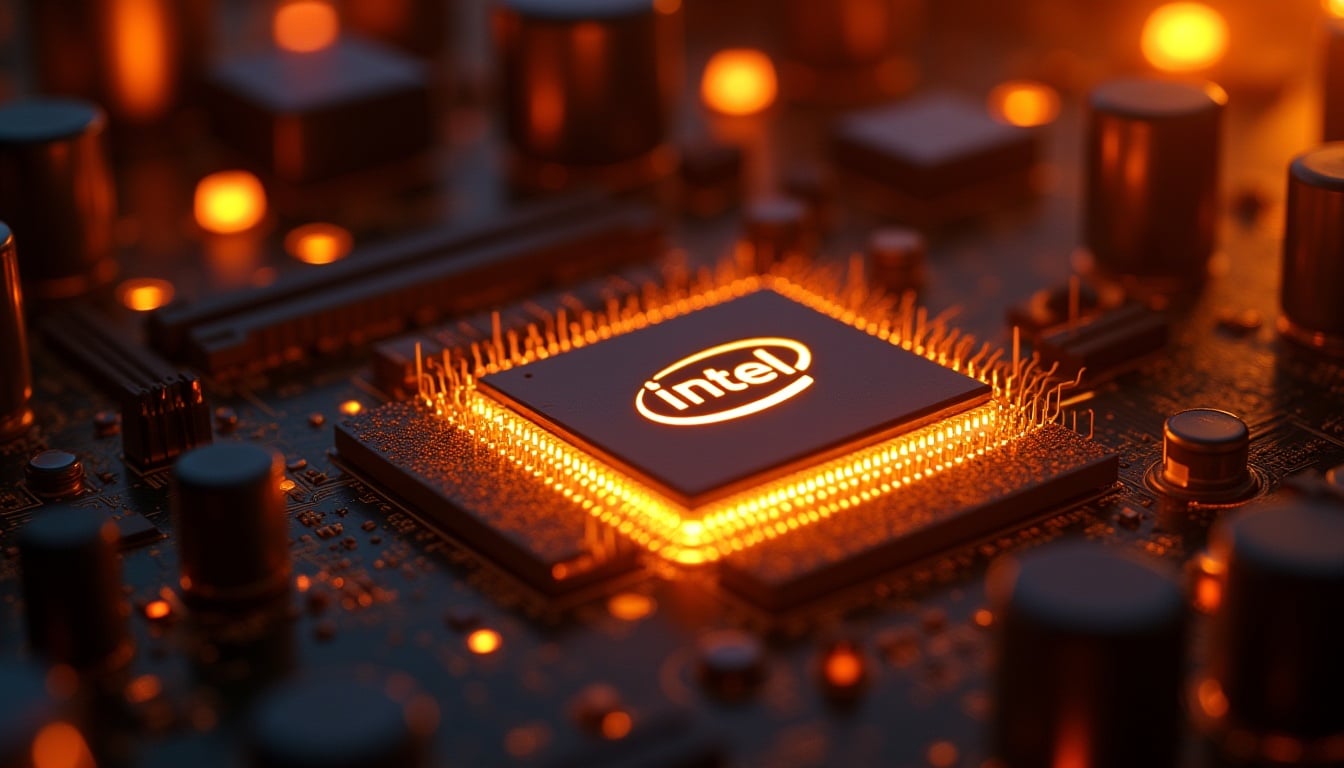From the cloud to the edge, new solutions are seeking to shield AI systems against leaks, hallucinations, and digital frauds.
In a context where artificial intelligence technologies are advancing at a dizzying pace, a quiet threat has infiltrated organizations: Shadow AI. This phenomenon describes the unauthorized or unsupervised use of public language models, like ChatGPT or Claude, by employees aiming to boost their productivity without IT department approval. The problem: good intentions, but significant security, privacy, and compliance risks.
Faced with this new challenge, a group of emerging startups in the Intel® Liftoff program is developing advanced solutions to ensure AI security and governance, from cloud processing to peripheral devices. These companies demonstrate that it’s possible to build a trustworthy, scalable, and secure AI environment, even amid widespread poor practices.
Generative AI without hallucinations or leaks
Large language models (LLMs) hold transformative power, but they are also unpredictable. They can produce false answers (hallucinations), be manipulated through “prompt injection,” or safely store sensitive data.
To address these issues, Prediction Guard, part of the Intel Liftoff Catalyst Track, has developed a platform that filters both malicious inputs and dangerous outputs in a private environment, using infrastructure based on Intel® Tiber AI Cloud and Intel® Gaudi® 2 accelerators. This enables safe AI deployment in critical sectors like healthcare and finance.
Meanwhile, Raidu has gone a step further with a comprehensive governance platform that includes data masking, risk management, access controls, and traceability, complying with standards like SOC 2, GDPR, and HIPAA.
Additionally, Co-mind offers a corporate alternative for environments where staff upload confidential documents to public LLMs. Their platform provides similar generative capabilities but within a private, company-controlled infrastructure.
Confidential and encrypted AI from hardware
Confidential computing is emerging as a key pillar of secure AI. This technique protects data during processing by hosting it within secure enclaves that even cloud providers cannot access.
In this domain, Roseman Labs stands out, enabling joint data analysis between organizations without sharing raw data, thanks to their multi-party encrypted computing system. Using Intel® Xeon® 6th generation processors, they have achieved a fivefold increase in complex operations performance.
Another notable player is Tinfoil, which offers a fully verifiable cloud AI platform with secure enclaves and direct encryption to the environment where the model runs. The use of Intel® Trust Domain Extensions (TDX) guarantees code integrity and data isolation, even in shared environments.
Digital identity, biometrics, and deepfake defense
The rise of digital fraud and automated bots has also sparked new verification methods.
Erasys developed Trustmark, a biometric-based identity solution—utilizing behavioral patterns like writing styles or device profiles—that replaces traditional CAPTCHAs. The result: a seamless user experience and a more effective barrier against bots.
Simultaneously, Neural Defend fights deepfakes in real-time through multimodal AI, protecting governments and banks from synthetic frauds. Their recent pre-seed funding round indicates strong market confidence in their approach.
Meanwhile, Canadian company Findora combines privacy and trust in a search engine that ranks results by credibility and detects manipulated content, complying with privacy standards like Canadian PIPEDA.
Secure AI at the edge
As AI reaches peripheral devices—drones, wearables, IoT sensors—the challenge is to provide security and energy efficiency.
Falcons.AI has created compressed image recognition models as small as 4MB, inspired by human neural architecture. Trained with Intel Data Center GPUs, these models can operate for months on a single battery.
On the enterprise front, MindFront offers SynthGrid, a platform that enables AI agents to work seamlessly with systems like Microsoft Graph, CRM, or ERP, without security gaps or complex migrations. The key lies in native integration of authentication, VPN, and permission management.
A new standard for enterprise AI
The emergence of Shadow AI has not only raised alarms in the tech sector but also accelerated the adoption of proactive solutions to secure artificial intelligence. From prompt filtering and end-to-end encryption to deepfake detection and edge AI, the Intel® Liftoff ecosystem proves that building a robust, ethical, and aligned AI is achievable.
As Eugenie Wirz, co-author of the original report, said: “AI can only transform businesses if its security foundation is solid.”
And that foundation starts today, with technology designed to anticipate risks—even those lurking in the shadows.
via: community.intel.com

